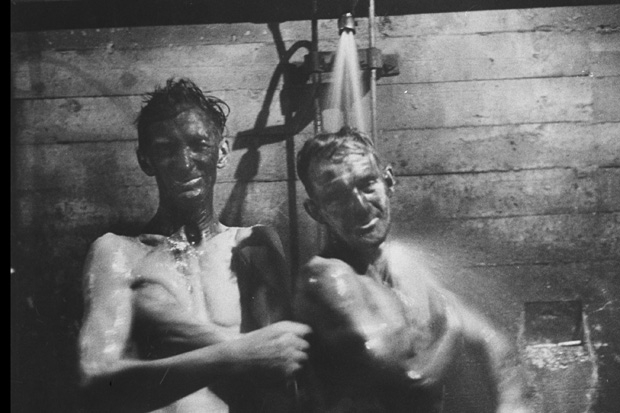In his preface Sebastian Junger tells us that this book grew out of an earlier article. It obviously didn’t grow much, since the main text is still only 138 (small) pages long, less than half the length of its predecessors The Perfect Storm and War, though it comes armed with a list of sources amounting to another 30 pages. Junger is attempting to explore the relationship between two ‘impulses’, as he oddly terms them. The first is that certain white captives of American Indian tribes chose to stay with their new communities even after release was possible, while the second is the disappointment felt by many American soldiers when returning home from war.
Junger contends that while a ‘surprising number’ of white Americans joined Indian tribes over the years, or remained in them after being captured, ‘the opposite almost never happened’. This vague assertion is buttressed by quotations from Franklin and Crèvecoeur but even those eminences can’t give it substance.

Get Britain's best politics newsletters
Register to get The Spectator's insight and opinion straight to your inbox. You can then read two free articles each week.
Already a subscriber? Log in






Comments
Join the debate for just £1 a month
Be part of the conversation with other Spectator readers by getting your first three months for £3.
UNLOCK ACCESS Just £1 a monthAlready a subscriber? Log in